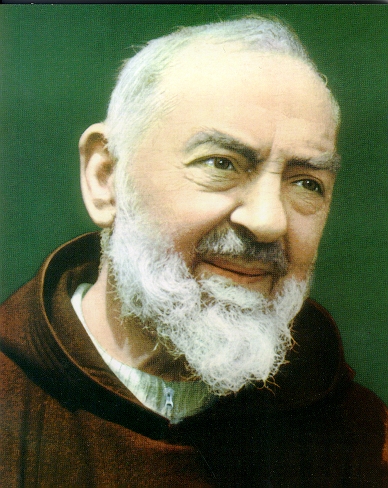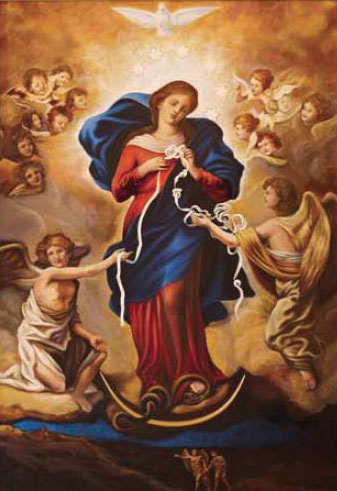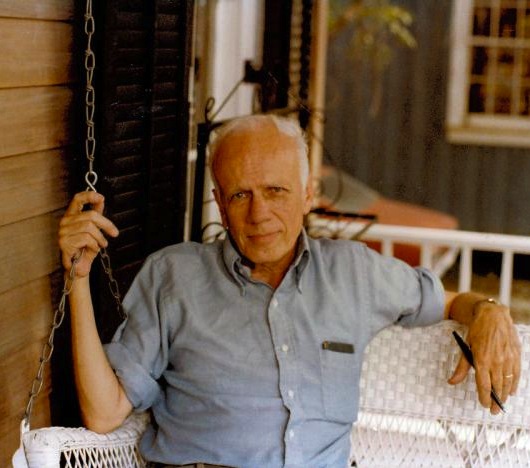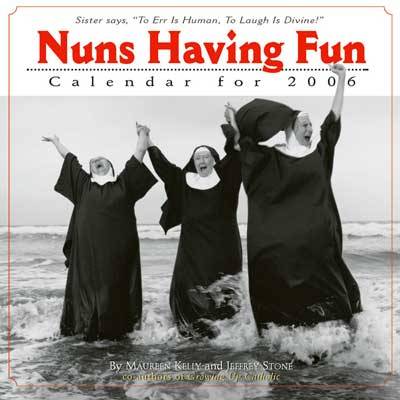I always liked reading in school and had a good vocabulary, but diagramming sentences was a torture invented in hell as far as I was concerned. However, I actually kind of enjoy English grammar now. (I hear my 14-year-old self wail, "The old man's joined the Dark Side!")
I know in America the kids have been back to school for a few weeks now. In Poland the school year begins on September 1st (September 2nd this year since the first falls on a Sunday). I've always taught at private language schools here and those schools typically begin the school year in late September.
In total I've taught English as a foreign language in Poland seven and a half years. There have been many more good days than bad in those years and witnessing students' success with learning the language is a pleasure that will never grow old.
My first year teaching was the 1997-98 academic year in Łódź. Since it was my first year, I have many vivid memories of that time, such as obsessing over lesson planning until midnight the first month of that year, or dreaming about lessons going wrong. Those dreams continued for years.
But some of my happiest memories are of my class of 11 to 12-year-old intermediate students.
There were 3 boys and 3 girls. Starting with the boys, there was Bogumił (pronounced bo-GOO-meeu), by far the strongest student in that class. He was tall with light hair. His father was pretty old - when I first met him I thought he was Bogumił's grandpa. He was a very demanding man and expected only top grades from his son. Then there was Maciek (MA-check), short and slim and cheerfully mischievous. Next was Oskar, short and a little chubby. Oskar usually threw himself completely into whatever role playing activities we did. Both Maciek and Oskar had dark brown hair. The students sat in a semi-circle facing me and the boys always sat on my right.
Next, the girls on my left. First from the center was Justyna (yoo-STIN-ah), a very strong student, interested in literature and drama. She had brown hair, shoulder-length like the other two girls. Then there was Magda, with light brown hair and very extrovert. She loved to doodle pictures of her beloved cat and loved even more to talk about it. Teachers aren't supposed to have favorites, of course, but I'll admit Magda was my favorite. And at the end of the row was Marta, quiet and well-behaved with blonde hair.
As to be expected from kids their age, they could be awfully squirrely sometimes. I recall one lesson when they just wouldn't, or couldn't, stay focused. They weren't listening to my instructions and were just generally being little pains. I finally had enough, gave them a good chewing out and asked them to sit quietly for the final 15 minutes of the lesson. They were abashed and I didn't hear a peep from them while I sat at my desk filling in the register. At the end of the lesson I gave them their homework assignment and dismissed them. As I cleaned the white board I saw them from the corner of my eye putting on their coats to go home. Justyna and Magda were the final two to leave and they hesitated at the door, whispering to each other. Then they said, "Sir, we're very sorry." That really touched my heart. I smiled, said it was OK and told them to have a good weekend.
Once I gave that class a homework assignment to interview a relative and write a short biography of them. I was amazed by what they turned in. I think they'd all interviewed a grandparent and the biographies they wrote were extremely interesting. A couple of their grandparents were sent to Germany to work as forced laborers during World War II and they told their grandkids of the hardships and fear they experienced. I photocopied and kept those papers at that time, but I think I may have lost them in the years since.
I also remember the final lesson before Christmas break. We always do a Christmas-themed lesson right before the break and I remember Justyna and Magda standing up and singing a few Polish Christmas carols in clear, beautiful voices.
My ultimate memory of that class that year concerns Marta. Marta was the weakest student in the class. Her grade for the 1st semester was really low and so I decided to do what I could to help her do better the 2nd semester. I tried to discretely assist her more in lessons by making sure she understood what I was presenting or encouraging her more. I asked her during breaks if she had any questions about anything and offered her extra material to take home. She was rather shy about all this at first but eventually she started asking me to give her more material to do at home.
I noticed that her grades on quizzes and tests were getting better and better. I could see her confidence growing. At the end of the year they had a final exam. I had my fingers crossed.
When I marked their exams I was astounded. Marta had the same grade as Bogumił! She didn't cheat off him because I had spaced all their desks far apart and anyway the two of them didn't have the same questions wrong. Marta had done it!
On the very last day of the year we had meetings with the kids and their parents where we discussed the students' work, talked about the next year and gave them each certificates. The school was located on the top floor of a 3-storey building. I was standing at the top of the stairs when Marta and her grandmother came walking up. Marta's shoulders were scrunched up with tension and she had an apprehensive look in her eyes. I said, "Marta! You passed!" Immediately her shoulders relaxed and a big smile lit up her face.
During the meeting with her and her grandmother I had the pleasure of telling Marta that she and Bogumił had the best grades on the final exam. Her bottom jaw about hit the desk. Then I got to brag on Marta to her grandmother about all the progress she had made in the 2nd semester. Both Marta and her grandmother walked out of that classroom with their faces beaming.
Those kids would be in their late 20's now, finished with university and probably with families of their own. I wish them all happiness. I'll never forget Marta and her classmates as long as I live.
St John Baptist de la Salle
patron saint of teachers














